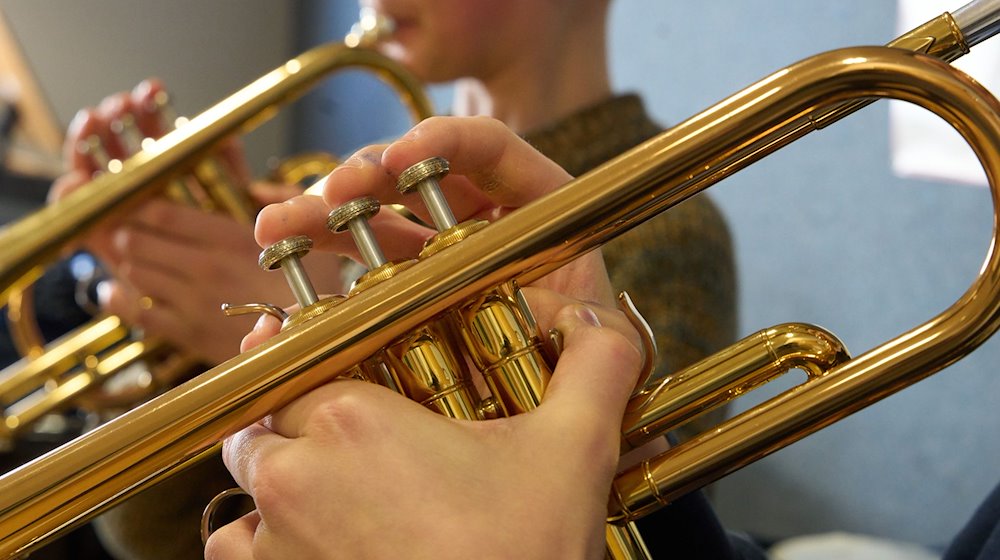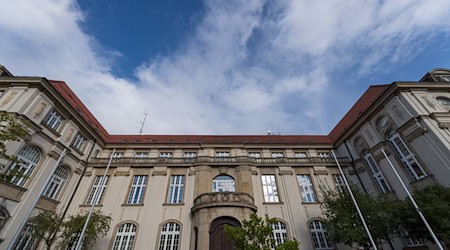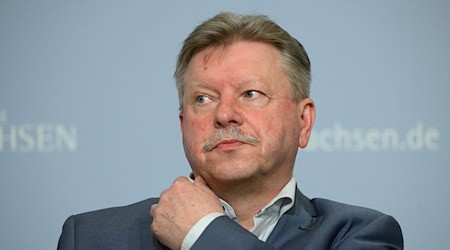The State Association of German Music Schools in Saxony is working towards a uniform solution for fee-based teachers. This is because, according to the rulings of the Federal Social Court, lessons must generally only be given by permanent employees. "The rulings are moving in the direction of fair remuneration, and that's the right thing to do," said Sven Rössel, first chairman of the state association, to the German Press Agency. On the other hand, music schools are not adequately funded. "We fear a reduction in the offer. Every single pupil we can't provide with music makes a teacher's heart bleed."
The problem was most recently acute at the Heinrich Schütz Conservatory in Dresden. A solution is now in sight there. Additional funding is to be used to create 50 new positions for full-time and part-time jobs subject to social insurance contributions. The conservatory is not simply converting the positions of previous freelance staff, but is advertising them in order to improve quality at the same time. This would largely safeguard the school's operations. However, the fees are also set to rise. The city council still has to approve this.
On average in Saxony, around a third of lessons are given on a freelance basis, said Rössel. In some of the 25 music schools run by local authorities, the proportion is higher. Associations that run the schools could fall into a financial trap - especially if the cash register is audited every four years and contributions for suspected bogus self-employed persons have to be paid retroactively and in addition to a fine. This could quickly lead to insolvency.
"There are not many options left to plug the holes in the coffers. Higher tuition fees won't be enough, you can't go too far and you have to keep an eye on people's purchasing power." A joint effort by local authorities, schools, teachers, parents and the state of Saxony is therefore necessary. "There has already been an initial meeting, but a quick solution is not in sight."
Leipzig is considered a role model, where honorary teachers were given a permanent position by city council resolution and the offer was fully maintained. Rodewisch has also done this, and Plauen is on the verge of doing so, said Rössel. Around a third of the schools have embarked on this path, even if the conversion to permanent positions costs between 20 and 40 percent more.
"In view of tight municipal budgets, the question arises as to whether this is really a mandatory task. We say yes." There is no obligation to hire permanent staff. "But if you are really serious about the work with all its facets - with ensemble work, inclusion, cooperation, theory, competition, social reduction - then this is only possible with a permanent position. This reflects music school work as a social and cultural mission."
Copyright 2024, dpa (www.dpa.de). All rights reserved










